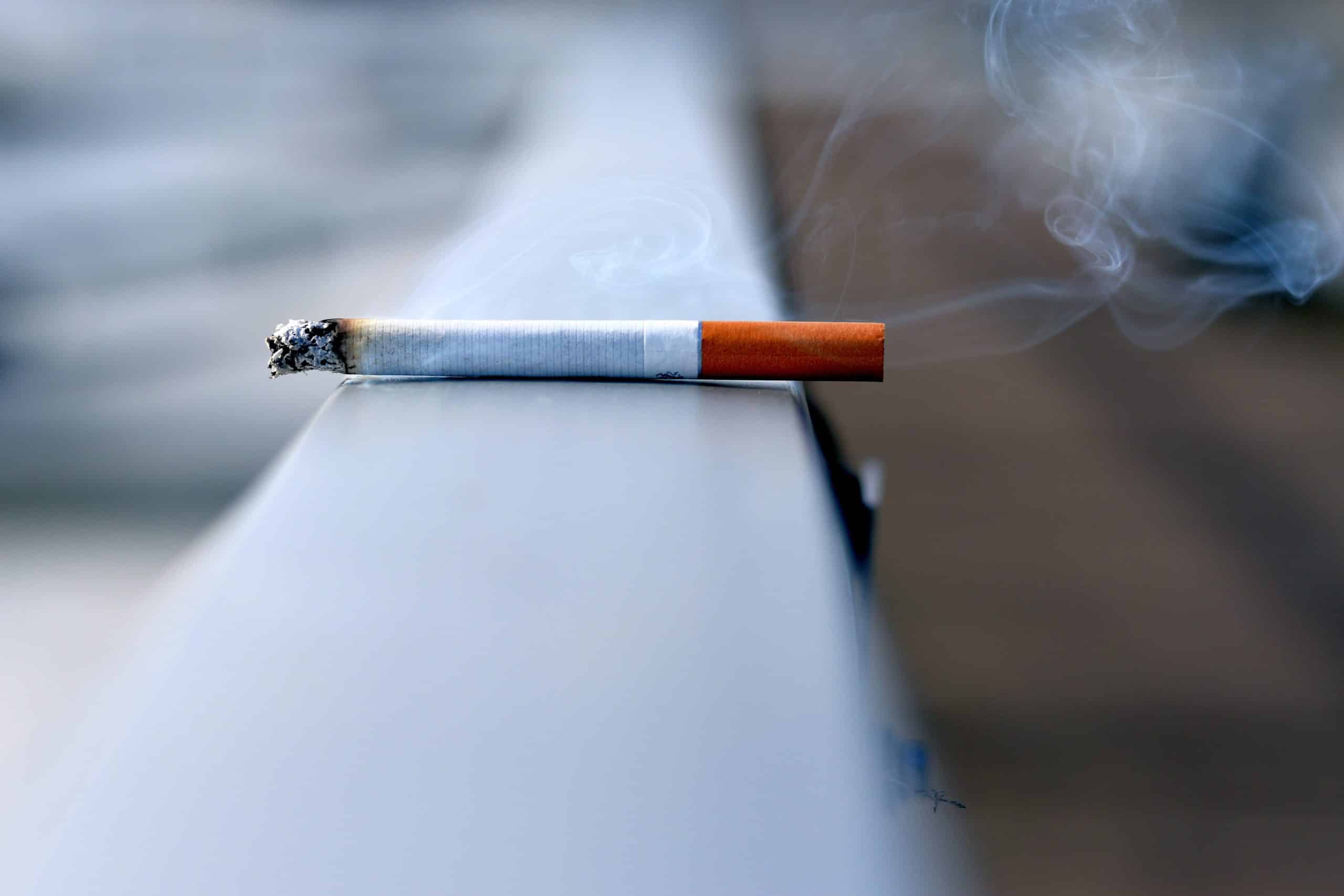
Reasons People Relapse After Rehab & How To Prevent Relapse
Rehabilitation treatment is one of the most effective ways of combating and treating alcohol or drug addiction. With 30, 60, and 90 day programs available, as well as inpatient and outpatient options, there is no shortage of treatment options to choose from. In rehab, medical professionals, licensed therapists, and addiction specialists help people develop healthy habits, grow a supportive network, and prepare people for life after treatment. This is designed to reduce the risk of relapse once they complete their rehabilitation treatment. Despite its proven success, the completion of rehab is not the end of one’s recovery journey. Those suffering from addiction and who completed rehab must remain extremely diligent with their recovery. In order to do this, one must understand their own triggers, and avoid situations that often lead to relapse as much as possible. While not everyone’s situation is the same, it is important to understand what some of the most common causes for relapse are.
Stress
Stress is one of the most common reasons people relapse. Ironically, stress is often the reason people start substance use in the first place. Since substance use is such a common coping mechanism for combating stress, it is no surprise that stressful situations post rehab lead to strong urges to use again. While it is impossible to avoid stressful situations completely, steps can be taken to mitigate the chances. Creating a list of people, places, and things that have a history of causing someone stress is a good starting point and will help someone know what to avoid in the future.
Withdrawal
While rehabilitation treatment offers medically assisted detox to help people alleviate immediate withdrawal symptoms, it still looms in the background, even after rehab. It is worth noting that post-acute withdrawal symptoms can last up to 18-months after the initial detox. Continuing the strategies implemented during therapy sessions at rehab and beyond will help individuals manage these symptoms.
Mental Health
Many people who suffer from substance addiction also suffer from some underlying mental health issue. If treatment doesn’t address someone’s underlying mental health issues, it is likely that post-treatment the urge to use will surface again and put them at risk for relapse. Rehabilitation clinics such as Sunshine Behavioral Health, offer dual-diagnosis treatment designed to treat a patient’s addiction as well as their underlying mental health issues.
Lack of Self-Care
Self-care is a crucial part of the recovery process. When someone practices good self-care, it helps them feel better about themselves. It also helps show others that they care about their well-being and indicates how they would like to be treated. Poor self-care practices such as a bad diet, lack of exercise, and not getting enough rest can lead to feelings of irritability, stress, anxiety, and a general bad mood, all of which drastically increase the likelihood of relapse.
Times of Celebration
Times of celebration, such as a birthday party or holiday celebration, despite being happy and jovial in nature, can be risky environments for recovering addicts. Feeling happy and positive can lead to a sense of overconfidence which can cause an addict to think that they can handle one drink or one smoke. Despite what they may think, the ability to stop using after handling one drink can be difficult.
Despite the risk of relapse post rehabilitation treatment, rehab is still an important step towards recovery. If you or a loved one are suffering from addiction, visit Sunshine Behavioral Health and learn about our different treatment options. Don’t wait, start your road to recovery today with Sunshine Behavioral Health.
Sources:
A Message From Our CEO
Medical disclaimer:
Sunshine Behavioral Health strives to help people who are facing substance abuse, addiction, mental health disorders, or a combination of these conditions. It does this by providing compassionate care and evidence-based content that addresses health, treatment, and recovery.
Licensed medical professionals review material we publish on our site. The material is not a substitute for qualified medical diagnoses, treatment, or advice. It should not be used to replace the suggestions of your personal physician or other health care professionals.





